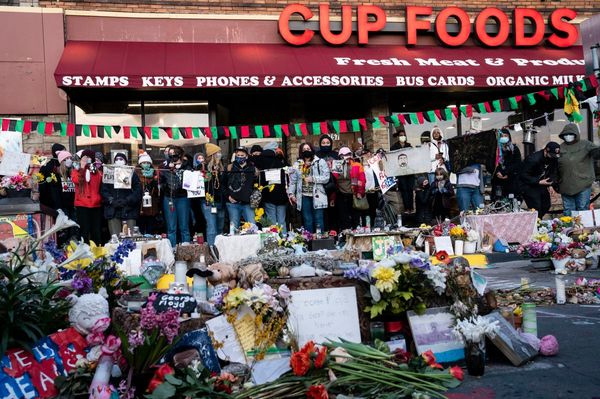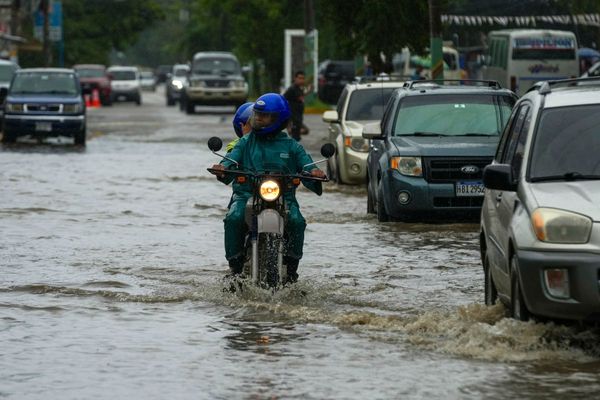The federal government has invoked the Emergencies Act to bring an end to antigovernment blockades in Ottawa and across the country.
This is the first time the Emergencies Act has been invoked since it came into force in 1988.
The federal government published new cabinet orders and regulations detailing temporary but extraordinary powers under the act, including:
— A prohibition on anyone participating in blockades, bringing children to those protests or bringing aid, such as food or fuel, to people involved.
— Defining the places blockades are not allowed, including: Parliament Hill and the parliamentary precinct, official residences, federal and government buildings, war monuments, airports, harbours, border crossings, piers, lighthouses, canals, interprovincial and international bridges, hospitals and COVID-19 vaccination clinics, trade corridors and infrastructure needed for the supply of utilities including power generation and transmission.
— Giving special powers to police, banks and insurance companies to freeze accounts and cancel vehicle insurance belonging to people participating in "illegal assemblies."
— Directing specified persons to render essential services, such as towing vehicles, to relieve impacts of blockades on Canada's economy.
— Measures with respect to authorizing the Royal Canadian Mounted Police to enforce municipal and provincial laws by means of incorporation by reference.
— Failing to comply with the regulations can mean a fine of up to $5,000 or five years in prison for an indictable offence and a fine of up to $500 or six months in prison for a summary conviction.
Passed in 1988, the Emergencies Act is intended for use when:
— an urgent and critical situation, temporary in nature, endangers the lives, health or safety of Canadians;
— the capacity or authority of provinces to handle the situation is considered lacking; and
— the crisis cannot be defused effectively using other Canadian laws.
It also permits the regulation or prohibition of any public assembly expected to lead to a breach of the peace.
Once invoked, the Emergencies Act requires holding a public inquiry within 60 days after the crisis has ended, and the resulting report being tabled in Parliament within one year.
This report by The Canadian Press was first published Feb. 15, 2022.
The Canadian Press







